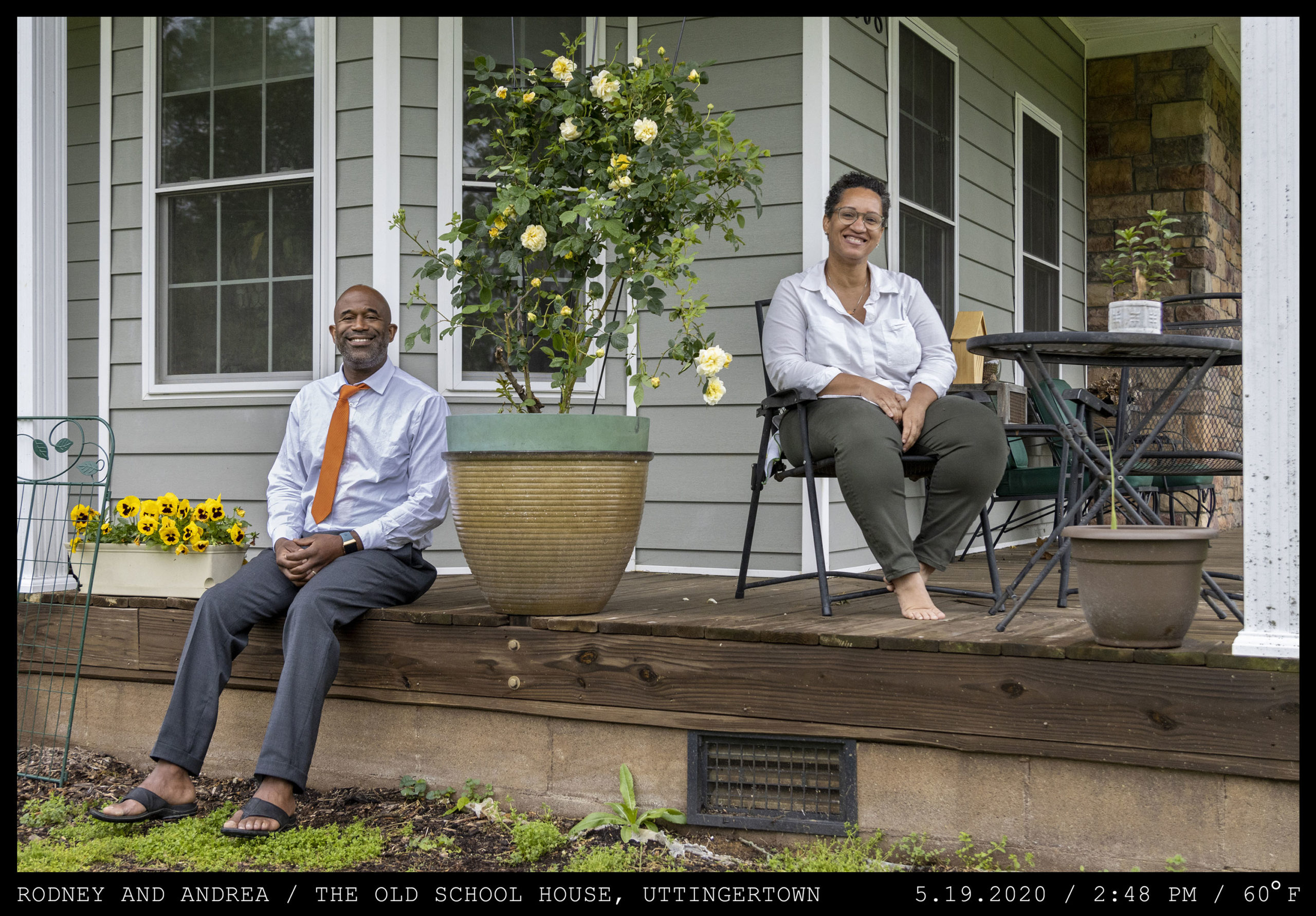Andrea James works as Community Response Strategist in the Mayor’s Office, City of Lexington. She chairs the Fayette County Subcommittee, HEALing Communities Grant. She is co-Owner of BoAndie, LLC and co-Founder of Not The Only One (NTOO).
Her past affiliations include Co-Host on Key Conversations Radio Show; Fayette County Public Schools Equity Council member; Lexington Lyric Theatre and Cultural Arts Center Working Group & Board of Directors; Legacy Trail Phase III working group; Kentucky Black Bourbon Guild Board Member;
Community Action Council Board Member; The Lexington Center Board of Directors.
Narrative from original post:
Andrea is Community Response Strategist for the City of Lexington and works on addressing another ongoing epidemic: the opioid crisis that has been ravaging communities across the country, including here in Kentucky as well.
Here we share Andrea’s reflection on addiction and unresolved grief during COVID-19. Warning: Andrea’s story contains references to the death of a young man and his funeral.
Andrea: “One of the sons of our closest friend died of a fentanyl overdose during this COVID situation. Friends, families and neighbors were not able to co-grieve the way we traditionally would have because of the warnings from the governor and public health officials who, at that time, were just beginning to grapple with the pandemic here in Kentucky. The traditional gatherings, food sharing and funeral services were replaced with gofundme’s, people sitting in cars at the burial site and a repass that had lawn chairs and Adirondacks (with no more than 10 people at any given time) spread feet apart, juxtaposed to the memorialization of a young, vibrant, social guy who lit up the room with his intelligent wit and ever present smile.
Of course, I was personally impacted by his death. Mostly, because of my love for our friend and the pain of watching her lament so deeply. And, also, I’d watched him grow into an adult as I’d watched my own children do so. I’m a heavy and deep griever by nature, anyway, but this new grief in isolation reached a depth I hadn’t experienced. It also seeped over into my professional world.
As Community Response Strategist in Mayor Linda Gorton’s administration, my daily work is entrenched in the opioid epidemic. I started this work when the mayor began her term. What she made clear is that she wanted the priority of opioids to be equivalent to the impact it was having on our community and our residents. Hiring me in, with this as my full-time responsibility, established that desire as fact and practice.
That makes the death of my friend’s son even more gut-destroying than it would have been otherwise. It was a harsh reminder of the reality that so much more needs to be done around harm reduction, stigma reduction, and healthcare practices to help to identify someone in the struggle with addiction and identifying what needs to be put in place to make certain they have all choices and options affront them at the most opportune time.
Though physically distant, my friend is in no way alone in her time of grief. I know at least six other mommas that have buried their children over the past two months due to overdose. Not unexpectedly, the overdose rate during the time of COVID has increased substantially. It’s quite common that during times of isolation, substance use becomes a close companion to those in addiction, those with mental illness and those who struggle with loneliness or uncertainty of any sort. Or those in the midst of unresolved grief. We all know somebody who is overusing, overdrinking or not in a good way mentally during this time, right?
Many of my colleagues working in this field and I have not stopped our efforts on the opioid response even in the midst of this new public health enemy. The people we know impacted by, living with, and dying because of this chronic disease daily are our motivation.
There is no vaccine for opioid use disorder.
And, no one is immune.”

